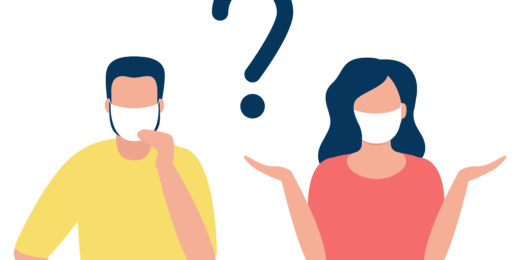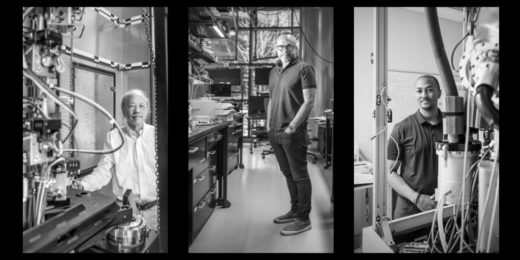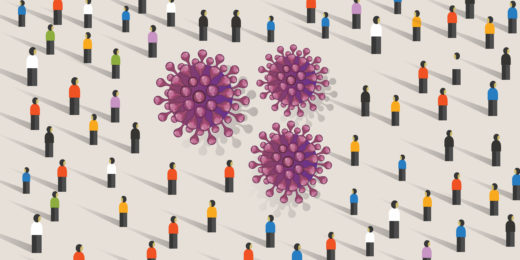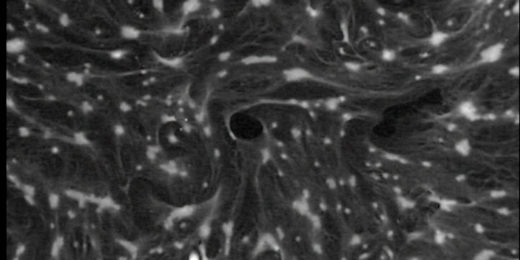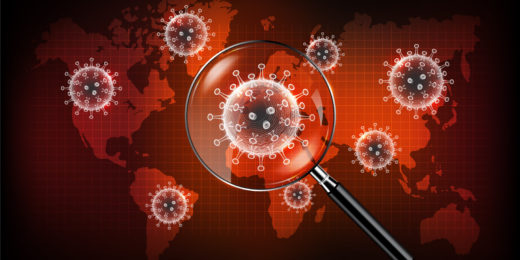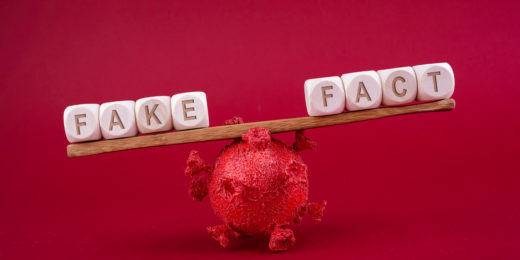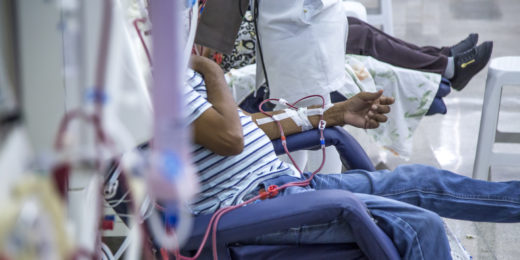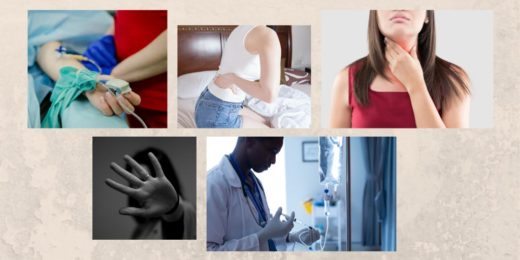Stanford pathologist speaks to the likelihood of undetectable COVID-19 and best practices for staying safe in the face of uncertainty.
Category: COVID-19
Molecular makeover makes wimpy antibody a SARS-CoV-2 tackler
By harnessing an antibody most overlooked, researchers devise a new possible way to stop viruses, even as they evolve.
Molecular movie maker
Researchers are harnessing an imaging technique called cryogenic electron microscopy to design drugs and better understand disease.
Preparing for the viruses we’ve yet to meet
Researchers at Stanford Medicine are working to develop antivirals to stop the current pandemic and prevent ones.
How does one study a deadly virus? Carefully.
Stanford Medicine researchers and others study a deadly virus -- the Nipah virus -- in a high-clearance safety laboratory.
Preventing the next pandemic from entering the US
Stanford researchers recommend changes to a report that reviewed a national screening and quarantine program for travelers coming to the US.
How the grief of a million U.S. COVID-19 deaths hurts us all
Stanford psychiatrist weighs in on how the United States as a community suffers from widespread, prolonged grief, and what we can do.
A new approach to vaccinations: 3D printed patches
Researchers have created a new prototype technology to administer vaccines: a 3D printed patch that packs a punch.
Does free speech protect COVID-19 vaccine misinformation?
Stanford researcher discusses whether free speech rights fuel COVID-19 vaccine misinformation and how that misinformation can be stopped.
Physician explains how COVID-19 mutes sense of smell
Physician-scientist weighs in on how the virus behind COVID-19 hampers your sense of smell and, sometimes, taste.
Endemic: What it might mean for masks, COVID-19 shots and more
Stanford experts discuss what ‘endemic’ means in the context of biology, masking, vaccines, and mental and behavioral health.
Vaccines provide broad protection against COVID-19, scientists say
According to a Stanford study, vaccines against COVID-19 are better than infection at generating antibodies to recognize new viral variants.
How COVID-19 has hurt health care workers’ mental health
Stanford clinical psychologist discusses how the mental health of health care workers has been impacted by the pandemic.
Research explores how scammers take advantage of COVID-19
Pandemic con artists have exploited loosened regulations and people's fears to try to scam insurers and patients out of billions of dollars.
Protecting at-risk patients by tracking COVID-19 antibodies
According to a study, antibodies circulating after SARS-CoV-2 vaccinations wane rapidly in people who are receiving dialysis.
Top 5 Scope stories of 2021
From the genetics of COVID-19, to cancer, to tonsils, this story is a wrap up of Scope's most read stories of 2021.


